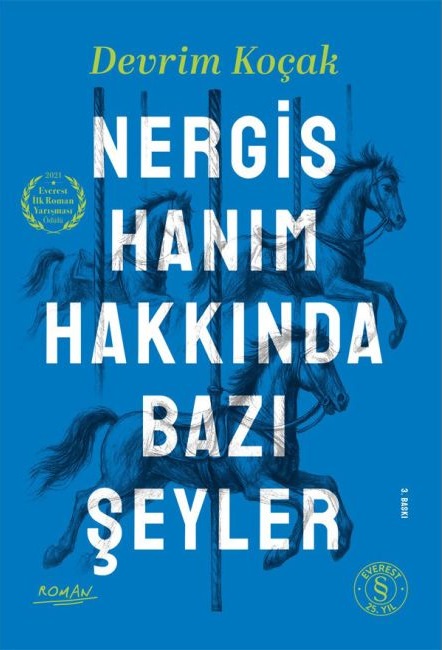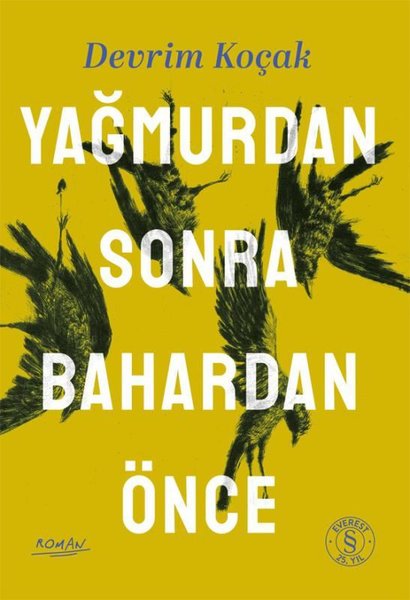How does Umberto Eco’s novel “The Name of the Rose” connect the suppression of laughter in the Middle Ages with censorship in the modern age?
Umberto Eco’s novel The Name of the Rose establishes a deep philosophical connection between the suppression of laughter in the Middle Ages and the mechanisms of censorship in the modern age. This connection is shaped through the themes of the desire of the government to control the truth, the regulation of knowledge, and the suppression of free thought. The novel, centered on the scholastic thought system of the Middle Ages, reveals why laughter was seen as a threat and how this suppression involves an epistemological violence similar to modern censorship.
- Laughter as an Epistemological Threat
In Eco’s novel, the act of laughter appears as a concept that is assumed to be discussed in the lost second book of Aristotle’s Poetics. Jorge de Burgos describes laughter as the “denial of Truth” because laughter shakes the seriousness of authority, ridicules hierarchy, and destabilizes fixed meanings. In the Middle Ages, the church wanted to monopolize the truth; laughter, on the other hand, has the power to shake the foundations of power by making this truth relative. Here, Michel Foucault’s concept of the Regime of Truth comes into play: Power maintains social order by imposing a certain version of truth. Laughter threatens the control of power by parodying this imposed truth.
- The Scholastic Origins of Modern Censorship
The novel shows how the control of information in the Middle Ages is similar to modern censorship. Jorge restricts access to information by turning the library into a labyrinth—just as modern states or institutions archive, classify, and censor information. Here, Eco implies that the biblioclastic (book-destroying) mentality of the Middle Ages has evolved into the bibliocratic (book-controlling) systems of the modern age. The rigid dogmatism of scholastic thought parallels the absolutism of modern ideologies. For example, totalitarian regimes also maintain their power by suppressing humor and critical thought.
- The Dialectic Between Laughter and Freedom
Eco presents laughter as an act of liberation. By banning laughter, oppressive regimes prevent people from interpreting the world in alternative ways. This is similar to the “repression of particular refusal” that Herbert Marcuse discussed in One-Dimensional Man: humor and irony have the potential to crack the totalitarian structure of the system. The burning of the library at the novel’s conclusion symbolizes the uncontrollability of knowledge—just as censorship has been bypassed in the modern age by digital bootlegs.
The Unchanging Nature of Censorship
In The Name of the Rose, Eco presents the repression of laughter as a universal example of the government’s efforts to monopolize the truth. The continuity between the religious dogmas of the Middle Ages and modern ideological apparatuses shows that censorship is a historical constant. By emphasizing the revolutionary power of laughter, the novel argues that resistance to oppressive systems can only be possible through the liberation of thought. Eco’s philosophical message is this: Truth shines in the eyes of those who laugh, because laughter destroys the seriousness of power and destroys its arrogance.


